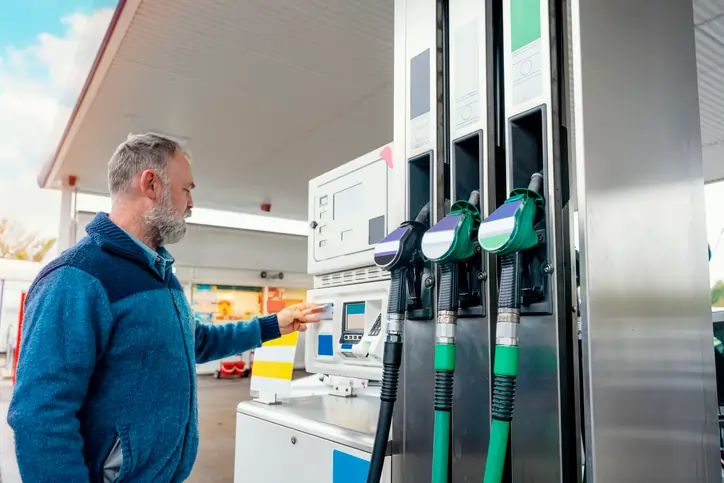
In today’s competitive business landscape, companies are constantly seeking ways to optimise their operations and maximise profitability. Fuel expenses can represent a significant portion of overall operating costs for businesses that rely on a fleet of vehicles. Implementing a fuel card program can be an effective strategy to manage and reduce these costs, offering numerous benefits that can enhance a company’s financial performance.
Discounted Fuel Prices:
Fuel cards, like the fastfuel card offered by Texaco, provide access to discounted fuel prices, a significant advantage for businesses with high fuel consumption. Fuel card providers negotiate bulk rates with participating fuel stations, which are then passed on to their customers. These discounts can range from several pence per litre, leading to substantial cost reductions over time. For instance, a business consuming 10,000 litres of fuel per month could save hundreds of pounds annually by switching to a fuel card program.
Streamlined Administrative Processes:
Fuel cards eliminate the need for individual receipts and expense reports, streamlining the administrative process associated with fuel expense management. Fuel card providers consolidate and report on fuel usage data, saving a significant amount of time and effort for accounting and finance departments. This automation not only reduces administrative burdens but also minimises the risk of errors and discrepancies in fuel expense tracking.
Enhanced Control Over Fuel Spending:
Fuel cards empower businesses with greater control over fuel spending. Companies can set spending limits for individual drivers or vehicles and monitor fuel usage in real-time. This transparency allows for the identification and correction of excessive or unauthorised fuel use, contributing to overall cost savings. Additionally, driver-specific fuel usage data can be used to implement incentive programs that promote eco-driving practices and further reduce fuel consumption.
Improved Fleet Efficiency:
Fuel card programs often provide businesses with tools and insights to improve their fleet’s overall efficiency. Fuel usage data can be analysed to identify patterns and trends, enabling companies to optimise routes, reduce idling times, and promote eco-driving practices. These measures can lead to lower fuel consumption and reduced fuel costs.
Choosing the Right Fuel Card Provider:
Maximising the benefits of fuel cards requires careful consideration when selecting a provider. Businesses should evaluate factors such as:
- Network of Participating Stations: Ensuring adequate coverage for their fleet’s operations.
- Discount Structure: Comparing the level of discounts offered by different providers.
- Reporting Features: Accessing detailed data and insights into fuel usage patterns.
- Fees and Charges: Understanding the associated costs of different fuel card programs.
Additionally, businesses should consider the specific needs of their fleet, such as vehicle types, fuel consumption patterns, and geographic coverage.
Conclusion:
Implementing a fuel card program can be a valuable strategy for businesses seeking to reduce fuel costs, streamline operations, and enhance their financial performance. By carefully evaluating their fuel consumption patterns, selecting the right fuel card provider, and implementing effective fuel management strategies, businesses can reap significant savings and optimise their fleet’s efficiency. Fuel cards offer a proven approach to cost optimisation, enabling businesses to focus their resources on strategic initiatives that drive growth and profitability.


